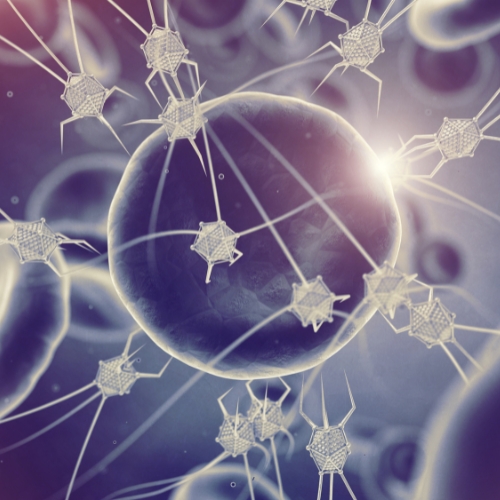Key points from article :
Sodium chloride nanoparticles are toxic to cancer cells.
Deliver ions into cells and disrupt their internal environment, leading to cell death.
Able to pass through cell membranes because the cell doesn't recognize them as sodium ions.
Become salt when they degrade, so they're not harmful to the body.
More toxic to cancer cells than normal cells, because cancer cells have high sodium concentrations.
Suppressed tumour growth in mouse model by 66% and showed a tumour inhibition rate of 53%.
Research by University of Georgia published in Advanced Materials.





